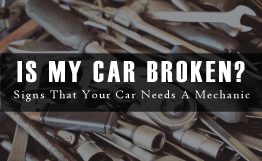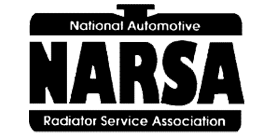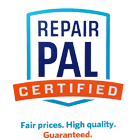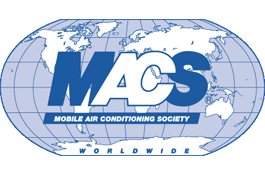Working Hours
-
Mon 8:00AM - 5:30PM
Tue 8:00AM - 5:30PM
-
Wed 8:00AM - 5:30PM
Thu 8:00AM - 5:30PM
-
Fri 8:00AM - 5:00PM
Sat Closed
-
Sun Closed
NORTH RALEIGH AUTOMOTIVE > AUTO REPAIRS > GENERAL MAINTENANCE
919-834-7300 | 5312 Atlantic Springs Road Raleigh, NC 27616
Car Maintenance Schedule Checklist
A Vehicle Service Schedule Helps You Save
Keeping up with your car's maintenance schedule is one of the simplest ways to have your vehicle avoid expensive breakdowns. Regular service helps your engine, brakes, suspension, and other systems run smoothly while lowering the risk of sudden breakdowns that could leave you in a bad spot. A little preventative work now can save you big repair bills later.
Many vehicles on the road are overdue for basic maintenance services. Skipping oil changes, tire rotations, or fluid checks might not cause immediate damage, but over time it wears down vital parts and shortens your car's lifespan.
Beyond safety and reliability, proper maintenance can also improve resale value. A well-maintained car with detailed service records is a far more attractive option to buyers and often sells for a higher price than a vehicle with irregular upkeep.
What Is a Maintenance Schedule?
A maintenance schedule is a mileage-based guide that outlines when your car needs routine services like oil changes, fluid checks, and part replacements. Having this information readily available helps you make informed decisions about your vehicle.
A Vehicle Maintenance Schedule for Every Driver
While exact recommendations vary based on your driving habits and vehicle type, most cars follow a pattern of services tied to odometer readings. Here's a general guide of when to expect different maintenance needs:
Every 5,000 miles
- Change the oil and oil filter (if using conventional oil)
- Check and top off fluids (brake, coolant, windshield washer)
- Inspect tires for wear and ensure proper tire pressure
Every 10,000 miles
- Rotate tires to promote even wear
- Replace oil and filter if using synthetic oil
- Inspect the cabin air filter and engine air filter; replace if dirty
Routine Car Maintenance: 30,000-90,000 miles
At 30,000 miles
- Replace engine air filter if not already done
- Inspect fuel system and fuel filter
- Inspect brake pads, hoses, and lines for wear
At 60,000 miles
- Replace spark plugs to keep your engine firing smoothly
- Inspect and potentially replace tires
- Check belts, hoses, and (if applicable) the timing belt - replace as needed to avoid costly damage
At 90,000 miles
- Flush and replace brake fluid
- Inspect and clean battery terminals
- Perform a full mechanical inspection for aging components
Routine Car Maintenance: 100,000 miles and beyond
At 120,000 miles
- Replace O2 sensors and coolant
- Flush the radiator and replace thermostat if needed
- Inspect shocks and struts for wear; replace if driving feels rough
At 180,000 miles
- Replace power steering fluid
- Clean the mass airflow sensor for better fuel efficiency
- Inspect all seals and gaskets, especially around the axles and driveshafts
At 250,000 miles
- Clean or replace fuel injectors to maintain performance
- Inspect the chassis for rust or damage
- Check the catalytic converter and emissions system
Why Should I Follow a Maintenance Schedule?
Following a maintenance schedule ensures that small issues are caught before they turn into expensive repairs. It keeps your car safe to drive, extends the life of major components, and gives you peace of mind on the road.
Where Do I Find My Car's Maintenance Schedule?
The best place to check is your vehicle's owner's manual, which outlines the manufacturer's recommendations for each mileage interval. If you're unsure or can't find your manual, our team at North Raleigh Automotive is happy to help.
Just give us a call at 919-834-7300, and we'll guide you on the services your car needs and when to schedule them.
Discover More About General Maintenance Tips At North Raleigh Automotive in Raleigh
Ask The Mechanic













